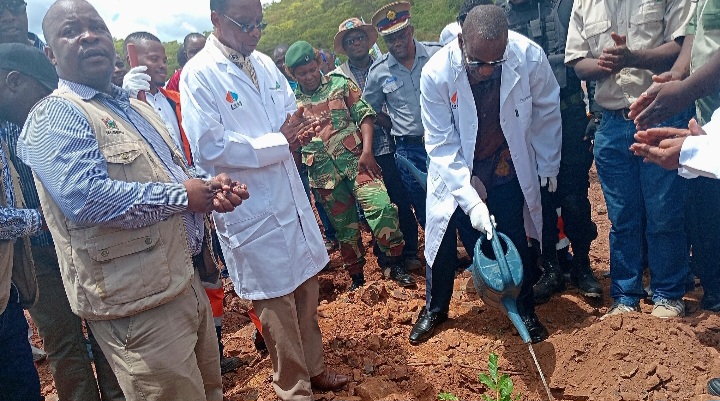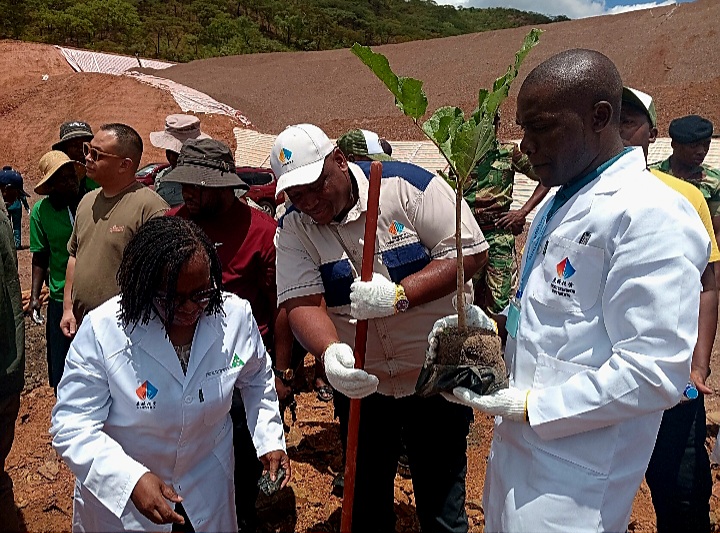By Lisca Philo
The Zimbabwe Gender Commission, in collaboration with the Harare City Council, led a Clean-Up campaign at Mbare Musika in Harare yesterday, marking the commencement of Women’s Month and reinforcing efforts to combat gender-based violence (GBV).
Held under the theme “Clean-Up Mbare, Sweep out GBV,” the campaign aimed to honour Women’s Month while addressing the persistent issues of gender inequality and GBV affecting women in society.
The month of March provides a global opportunity to reflect on and celebrate the contributions of all women to society, while also serving as a platform for concerted action to dismantle the barriers they encounter.
The clean-up campaign is part of President Emmerson Mnangagwa’s initiatives towards clean environments throughout the country. President Mnangagwa declared that the First Friday of every month should involve thorough cleaning exercises at properties and environments.
Through the clean-up exercise, especially crucial during the country’s battle against a cholera outbreak, the Gender Commission effectively addressed two critical issues simultaneously, showcasing its steadfast commitment to promoting the empowerment and recognition of women while enhancing community well-being.
The primary objective of the campaign was to advocate for gender equality and combat Gender-Based Violence through community engagement and grassroots initiatives.
As a constitutional body mandated to oversee gender issues in Zimbabwe, the Zimbabwe Gender Commission is devoted to championing gender equality and addressing gender-related issues within the country.
Through its various programs, community engagements, and advocacy efforts, the Commission strives to ensure gender equality is embedded in the national framework, fostering inclusivity and equal opportunities for women in socio-economic development.
Despite constitutional provisions for gender equality and efforts by the government and other institutions, Zimbabwe still grapples with challenges in ensuring equal access to education and employment opportunities for women, contributing to their social and economic marginalization.
Zimbabwe ranks low on the Gender Inequality Index, with statistics showing that it ranks 110 out of 129 countries in the world, underscoring persistent gender disparities in leadership and political participation.
These statistics indicate that the country still needs to intensify efforts to combat Gender-Based Violence and dismantle stereotypes against women.
Over the years, the government has endeavored to promote women, and programs such as quota systems in government, Parliament, and other institutions have facilitated this promotion.
The Gender Commission’s efforts are instrumental in fostering a culture of respect for women.
In a statement, the Gender Commission expressed, “As part of our commitment to promoting cleanliness and gender awareness, we have identified Mbare Musika and Mbare Bus Terminus as focal points for our clean-up activities. This initiative is significant as it serves as a catalyst for Women’s Month activities, symbolizing our dedication to promoting cleanliness, gender equality, and community empowerment.”
The clean-up campaign emphasized the importance of collective action in creating clean and safe environments for women. It also highlighted the need to cultivate a supportive and respectful community where women can thrive without fear of violence or discrimination.


